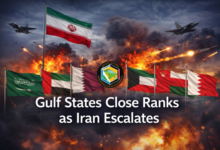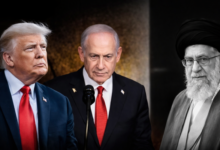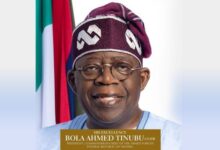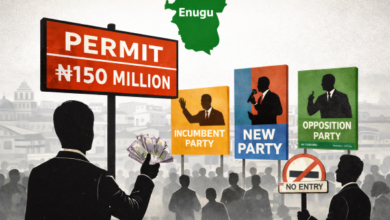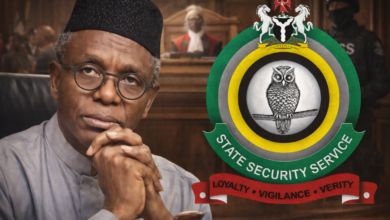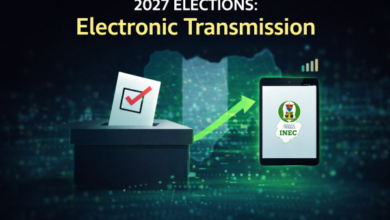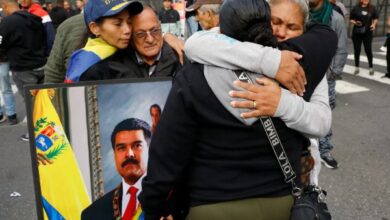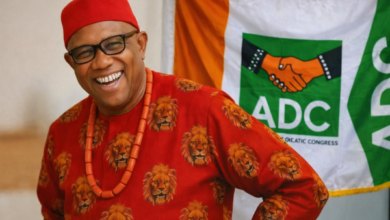Anambra 2025: INEC Confirms 2.8m Voters, Vows to Crush Vote-Buying and Uphold Electoral Integrity
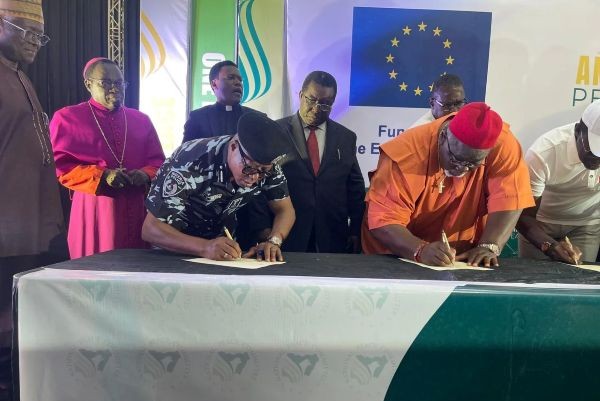
As Nigeria prepares for the November 8, 2025 Anambra Governorship Election, the Independent National Electoral Commission (INEC) has confirmed that 2,802,790 eligible voters are on the final register for the off-cycle poll.
INEC Chairman, Prof. Joash Amupitan, made this known in Awka during the signing of the Peace Accord organized by the National Peace Committee (NPC), where he reaffirmed the commission’s zero-tolerance policy toward vote-buying, electoral violence, and voter intimidation.
He revealed that the Commission had completed deployment plans for over 24,000 electoral personnel across 5,718 polling units, 326 ward collation centres, and 21 local government and state collation hubs, pledging an election that meets the highest global standards of transparency and logistics coordination.
“INEC remains fully committed to discharging its duties in line with the law, global best practices, and the spirit of the Peace Accord. However, it is not signatures that guarantee peace—it is genuine commitment to the principles behind them,” Amupitan stated.
Security Agencies Mobilize for the Poll
INEC disclosed that the Inter-Agency Consultative Committee on Election Security (ICCES) has developed a robust multi-layered plan to secure voters, officials, and materials before, during, and after the election.
According to Amupitan, the Nigeria Police Force will deploy 45,000 officers, while the Nigeria Security and Civil Defence Corps (NSCDC) will contribute 10,250 personnel, supported by other security and intelligence agencies to ensure an incident-free poll.
“Any individual or group attempting to subvert the will of the people will be dealt with decisively and in accordance with the law,” the INEC boss warned.
He added that improved logistics, smarter result management tools, and enhanced monitoring mechanisms will significantly boost confidence in the electoral outcome.
Peace Accord: Political Parties Urged to Uphold Democracy
The signing of the Peace Accord in Awka brought together political parties, candidates, traditional rulers, security chiefs, civil society leaders, and the media.
INEC emphasized that the document represents a collective pledge to peaceful conduct, urging candidates to ensure the message resonates with their supporters across the state.
“Without peace, logistics will be disrupted, personnel endangered, and credibility eroded. Let us ensure that this election is remembered not for violence or division, but for its unity of purpose and the triumph of democracy,” Amupitan said.
He applauded the National Peace Committee, chaired by Gen. Abdulsalami Abubakar (rtd.), for its “unwavering commitment to democratic stability,” adding that its continued engagement with stakeholders has been instrumental in promoting non-violent elections nationwide.
BRANDECONOMY ANALYSIS: Why Anambra 2025 Will Be a Defining Test for Nigeria’s Electoral Credibility
The forthcoming Anambra Governorship Election is emerging as a critical barometer for Nigeria’s democratic progress, especially in the post-2023 electoral reform era.
INEC’s operational readiness and the scale of its logistical deployment underscore the commission’s intent to rebuild public trust after years of skepticism over vote-buying, result manipulation, and logistical failures.
However, experts argue that the real test lies in execution and enforcement — not in policy declarations. The persistent culture of monetized politics, combined with the growing influence of vote traders and political financiers, continues to threaten the integrity of elections in Nigeria.
For INEC, the Anambra election represents an opportunity to demonstrate how far Nigeria has evolved in voter education, technological integration (like BVAS and IReV), and institutional independence.
Meanwhile, the commitment of political parties to the peace accord will determine whether the poll becomes a model for electoral civility or another replay of Nigeria’s deep-seated political brinkmanship.
BRANDECONOMY analysts note that sustained voter sensitization, effective monitoring of campaign financing, and visible enforcement of anti-corruption measures during the election will be key determinants of credibility.
“Anambra 2025 is more than a local contest—it’s a litmus test for Nigeria’s ability to conduct subnational elections with fairness, professionalism, and public trust intact,” one senior electoral analyst told BRANDECONOMY.
If the process delivers a free and credible result, it could reinforce Nigeria’s democratic reputation at home and abroad — and signal a new era of electoral responsibility across the federation.


